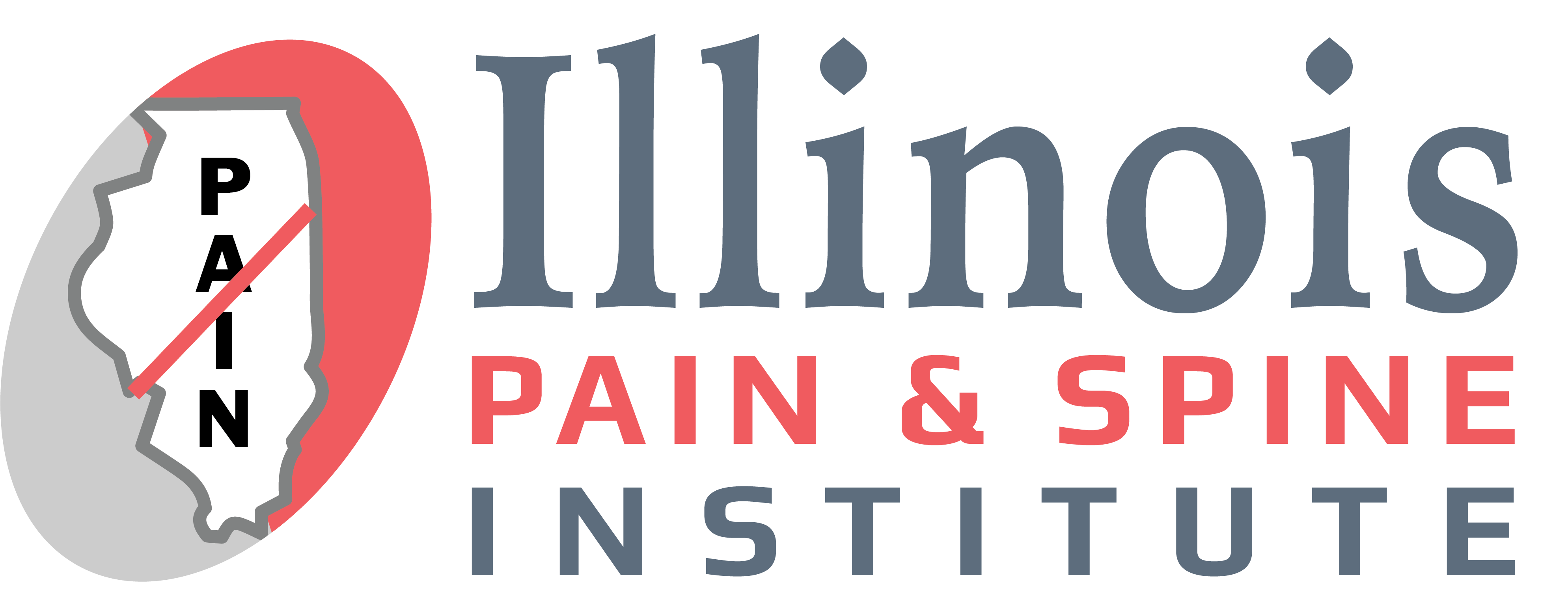Disks are Mother Nature’s shock absorbers located between the vertebrae. A herniated disk is when the disk is pushed out of the normal anatomical position and thus results in pain and discomfort.
A “slipped disc” is something that you might have heard used before, but the correct name for it is spinal disc herniation and it’s a condition that affects the spine. Usually, the condition is caused by trauma, lifting injuries, or a tear in the outer ring of an intervertebral disc.
Tears most commonly are postero-lateral because of a particular ligament in the spinal canal. The tear can result in inflammatory chemical mediators being released and these can cause intense pain.
Herniated discs often develop from already existing disc protrusions, which are when the outermost layers of the annulus fibrosus are connected, but bulge when under pressure. We use anti-inflammatory treatments to combat the pain from disc herniation, tears, bulging, and protrusion.
Diagnosing Disc Herniation
Disk herniation may cause headache, neck pain, arm, mid-back pain, chest wall, low back or leg pain, and/or numbness. Usually, patients will not need surgery for herniated disks. Either the herniated disk or leaking nucleus pulposus can cause irritation of the nerve roots passing near the disc. Disk’s may herniate through vigorous physical activities, trauma, or just spontaneously.
If you are experiencing any of the above or similar symptoms associated with a herniated disc, please don’t hesitate to Contact Our Staff immediately so we can set up an appointment for you and have our specialists evaluate your unique current health condition.
Treating Disc Herniation
After listening to you, completing a comprehensive physical examination, reviewing relevant medical history, and analyzing labs and imaging to diagnose the source of your pain, your Illinois Pain & Spine Institute physician will work with you to develop a customized, cost-effective treatment plan for disc herniation. Illinois Pain & Spine Institute takes pride in diagnosing and treating the source of your disc herniation pain.

